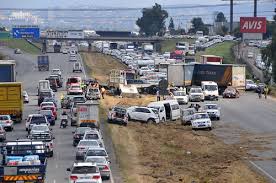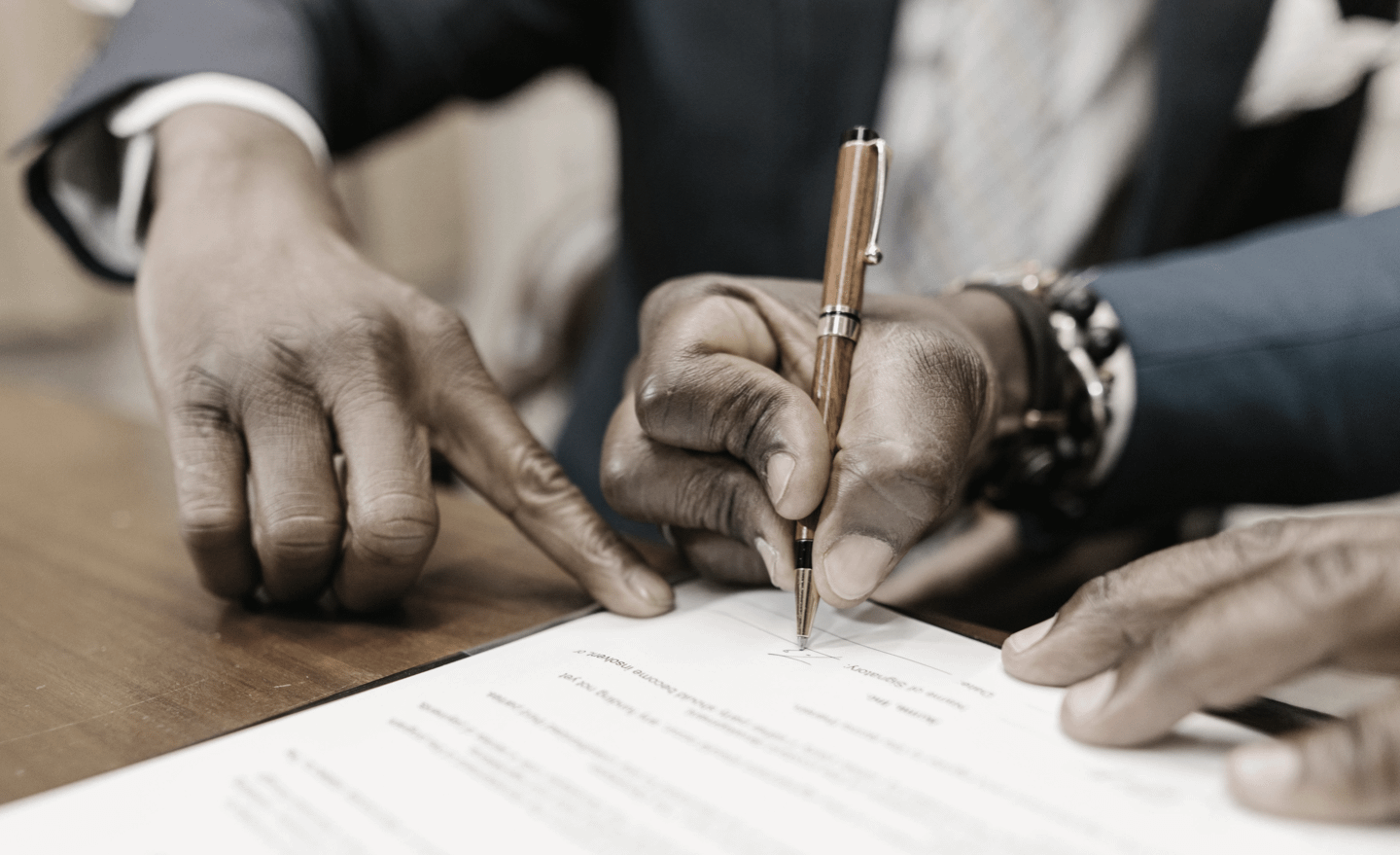What was the real cause of your serious slip-and-fall accident? Was it your own clumsiness or carelessness? Or was someone else negligent, such as the following?
- Maintenance crews who did not mark wet floors after cleaning them
- Building owners or municipalities who did not mark or repair broken sidewalks
- Mall owners who did not properly inspect and maintain escalators, elevators, or stairs
- Subcontractors at a construction site who left debris strewn about
- Swimming pool managers who did not take care to prevent slip-and-fall accidents around the pool, for example, by providing slip-resistant materials for people to walk on
- A motorist in a parking lot whose inattention causes a pedestrian to fall while avoiding an accident
- A dog owner who let a dog off-leash — in turn resulting in a jogger’s trip-and-fall accident
- Building owners or maintenance personnel who did not clean ice, snow, or dripping rainwater from public areas such as entryways to buildings
- Merchants who installed distracting displays near tripping hazards
Contact a North Carolina Premises Liability Attorney
If you have additional questions after reviewing the information on our website, we invite you to contact our office to schedule a complimentary initial consultation with an experienced Charlotte slip-and-fall accident lawyer. To make an appointment with a Charlotte premises liability attorney, call toll-free 800-948-0577 or send us an e-mail.
Premises liability is an area of North Carolina personal injury law that obliges property owners and other parties in control and possession of properties to maintain their premises in a safe condition.
If a property owner or possessor fails to prevent an accident and a guest suffers an injury due to a hazard that (a) was not corrected or remedied upon discovery, and (b) the injured party was not warned about.
The problem with seeking compensation for an injury on someone else’s property in Charlotte or elsewhere in North Carolina is that our state is one of few states that follow the outdated rule of contributory negligence.
Our slip and fall attorney in Charlotte at Brown Moore & Associates, PLLC, explains that contributory negligence makes it more difficult for the victim to recover damages because insurers need to prove that the injured party’s negligence contributed to the accident even in the slightest way to deny the claim.
How Does North Carolina Law Govern Slip and Fall Accidents?
Although a slip and fall can occur anywhere, properties with wet floors, slippery surfaces, potholes, poorly lit staircases, and icy parking lots are more likely to cause injuries to unsuspecting visitors and guests.
North Carolina’s premises liability laws apply to all types of properties from private homes to public properties. Those who own, control, possess, rent, manage and maintain properties have a duty to ensure a safe environment and adequate security measures for all legal guests.
A property owner’s failure to remedy or correct hazardous conditions can lead to traumatic brain injuries, spinal cord injuries, fractured bones, or other injuries suffered by customers and guests. “However,” warns our Charlotte slip and fall lawyer, “Not all slip and fall accidents entitle the victim to sue the property owner and collect compensation.”
You will have to prove that:
- The condition that caused your injury is unreasonably hazardous
- The condition qualifies as a hidden and non-obvious hazard
- The owner of the property was aware of the hazard or should have been aware of the dangerous condition through routine property inspection and maintenance
- There was no warning to make the injured party aware of the danger
How Can the Insurance Adjuster Deny My Claim?
Insurance companies resort to various dishonest tactics to undervalue and deny valid slip and fall claims, and all of them take advantage of North Carolina’s unfair pure contributory negligence rule.
Usually, insurance companies minimize and deny premises liability claims by claiming that:
- The victim was trespassing or illegally on the property
- The victim was on the part of the property where visitors are not allowed to go
- The owner of the property or employees could not have been reasonably expected to become aware of the dangerous condition
- The footwear of the victim was not appropriate for a particular situation or property
- The hazard that caused the victim’s injury was visible, which means the accident could have been prevented had the victim been more careful and attentive
- There was a clear and adequate warning of the hazard
- The victim got distracted
How Much Time Do You Have to Sue for Your Slip and Fall Injury?
The clock is ticking while you are debating whether or not to hire a Charlotte slip and fall attorney. Time is of the essence because North Carolina imposes a three-year statute of limitations for slip and fall accidents.
There are many things you should do prior to bringing a premises liability claim, which is why it is advised to contact a lawyer immediately.





